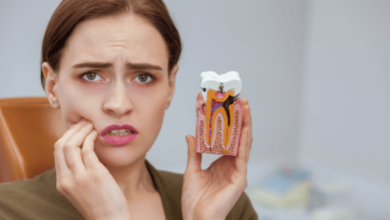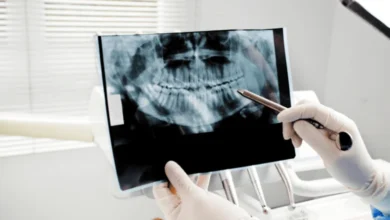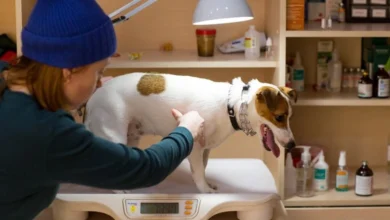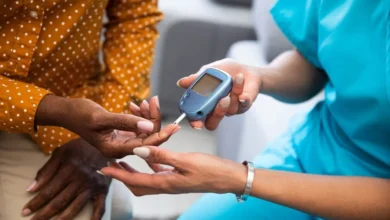What You Should Know About Endoscopy
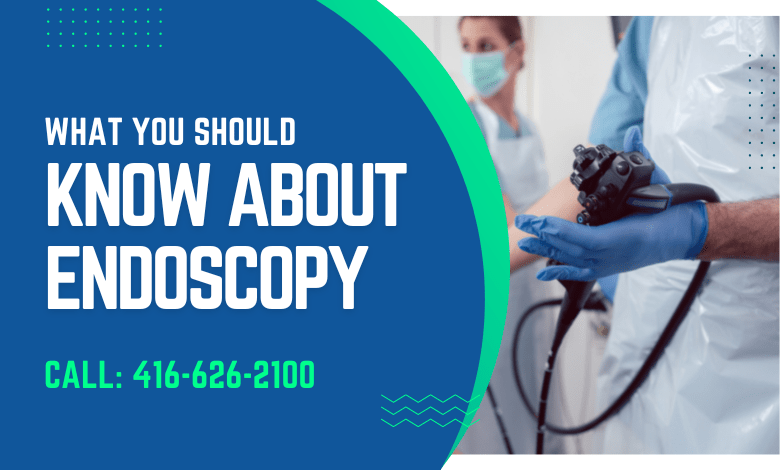
If you’re suffering from abdominal pain, bloating and gas, or heartburn — or any of the other symptoms associated with digestive disorders — an endoscopy could be right for you. During this minimally invasive procedure, your doctor will insert a thin tube through your mouth and down into your stomach to examine it. The procedure can help identify causes of indigestion, GERD and other conditions like ulcers. It’s also used to diagnose complications such as cancer during a colonoscopy examination.
What is an endoscopy?
Endoscopy is a procedure that uses a flexible tube with a light and camera at the end to look inside the body. The endoscope is inserted into the mouth, throat or anus and through the digestive tract. The doctor can use the endoscope to perform tests and take biopsies of tissues inside your digestive tract.
Endoscopic procedures are usually performed by specially trained gastroenterologists (doctors who specialize in diseases of the gastrointestinal system), surgeons or internists (physicians who specialize in diagnosing and treating internal medical conditions).
How Is an Endoscopic Procedure Performed?
Endoscopic procedures are performed by a gastroenterologist or surgeon. The endoscope is inserted into the mouth and throat, then passed through the esophagus, stomach and small intestine. A tiny camera on the end of the tube allows doctors to see inside your body as they guide it through each section.
Endoscopic procedures may be done in an outpatient setting or an operating room depending on what’s being examined or treated during the procedure.
How to Prepare for an Endoscopy
It’s important to prepare for your endoscopy. To ensure a successful procedure, follow these steps:
- Fast for 4 hours before the procedure. You should not eat or drink anything except water during this time.
- Take any medications as prescribed by your doctor, including blood thinners such as Coumadin (warfarin) or aspirin, and antacids like Pepcid AC (famotidine), Zantac 75 (ranitidine) or Prilosec OTC (omeprazole). These may be taken with water only if it’s OK with your healthcare provider; otherwise they will need to be stopped at least 24 hours before surgery so that their effects aren’t still in your system when you are sedated for surgery.* Avoid smoking for at least 24 hours before surgery because nicotine can cause bleeding in the GI tract during endoscopy.* Don’t wear jewelry or dentures during an upper endoscopy since they may interfere with viewing of tissues inside your mouth and throat area.* Don’t use mouthwash containing alcohol since this could cause bleeding during surgery.* If you have problems swallowing pills due to difficulty chewing food properly due to dental problems such as gum disease then bring along some liquid medication instead
How Long Does Recovery Take?
Once you’ve recovered from your procedure, you’ll want to know how long it will take before you can return to normal activities.
- For most endoscopy procedures, recovery time is usually just a few days. You may be able to go back to work after one or two days if the doctor has given you permission and told you that it’s safe for you to do so.
- If your doctor gave instructions about taking medication after getting an endoscopy, follow them closely so that there are no complications later on in recovery time (and so that everything goes smoothly).
- It helps if friends and family members know what kind of support they can offer during this period–whether it involves cooking meals or helping with chores around the house–so everyone knows what their role will be during those first few days’ post-procedure!
What Are the Benefits?
There are many benefits to having an endoscopy. It’s a safer, less invasive surgery and it has a shorter recovery time than traditional surgery. In addition, endoscopy can be used in place of other procedures such as colonoscopies or barium enemas.
The procedure itself involves inserting a thin tube with a camera on the end into your body through an opening like your mouth or rectum (depending on where you need examined). This allows doctors to examine specific organs in detail without making any cuts into them, which means there will be less pain and bleeding afterward compared with open surgeries like cesarean sections or appendectomies.
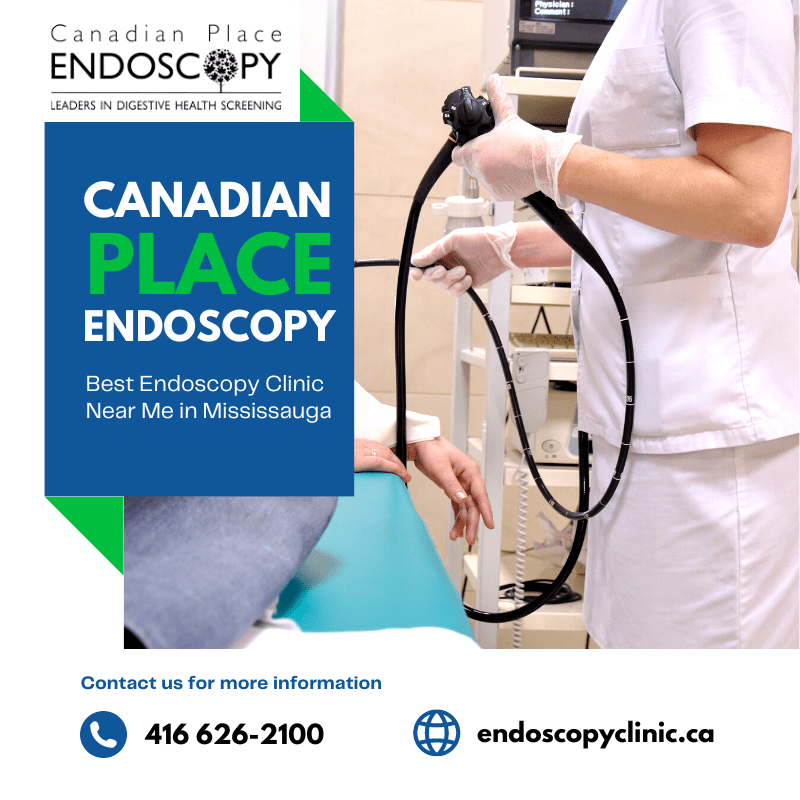
Endoscopy also results in fewer scars than traditional surgeries because there aren’t any incisions made during this process–therefore eliminating the risk of infection associated with those types of cuts being made on your skin surface area!
What Are the Risks?
The risks of endoscopy include:
- Breathing problems. You may have difficulty breathing during the procedure if you have asthma or other lung diseases, are overweight or obese, or if you smoke cigarettes. If you need sedation for the procedure and your doctor prescribes it in an office setting rather than in a hospital operating room with staff trained to monitor patients under sedation, there’s an increased risk of death related to breathing difficulties after surgery.
- Bleeding from the esophagus (esophageal varices). This happens when blood vessels burst inside your esophagus; it can be caused by cirrhosis of the liver or portal hypertension (high pressure within veins). Symptoms include nausea and vomiting blood; if this happens after having an endoscopy done on purpose–as opposed to being an incidental finding during another test–it could be a sign of something serious like cancer that needs treatment right away.
- Allergic reactions from medications used during endoscopic procedures such as biopsies or polypectomy (removing polyps). These reactions can range from mild hives all the way up into life-threatening anaphylactic shock requiring emergency care at an emergency department immediately following exposure to whatever substance caused them.
Visit Endoscopy Clinic Near Me in Mississauga
If you are experiencing any of the symptoms above, visit an endoscopy clinic near me in Mississauga. You must contact your doctor or get to emergency treatment right away. You must take every precaution possible when undergoing these procedures, as they can be dangerous if not done correctly.
Conclusion
If you are experiencing any of these symptoms, it is important to see your doctor as soon as possible. Your doctor may recommend an endoscopy to diagnose the source of your discomfort and determine whether further treatment is necessary.
Visit our site today to read such interesting blog content.

